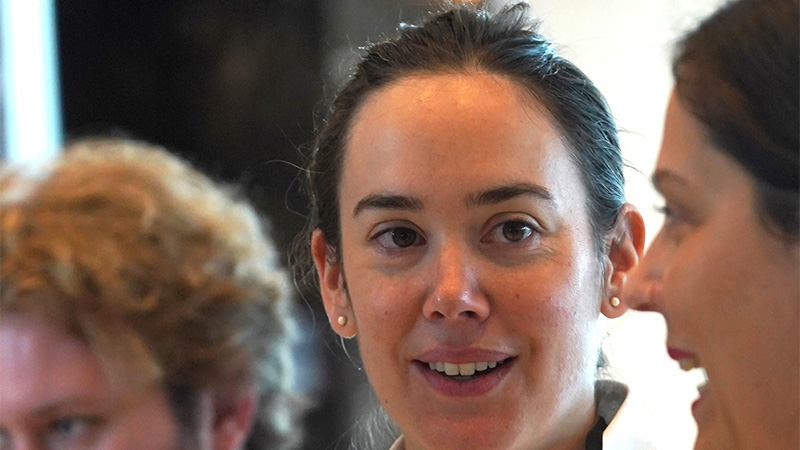Dr Ayla Bonfiglio is the Head of the Mixed Migration Centre for Eastern and Southern Africa, Egypt, and Yemen. From 2019 to 2022, she served as the Head of MMC’s North Africa hub. She has spent 15 years working on issues related to forced migration and mobility. Her doctoral research (UNU-MERIT/Maastricht University) focused on how refugees and migrants make strategic decisions about their movements in relation to higher education. In this capacity, she conducted several hundred in-depth interviews with refugees and migrants in Kenya, South Africa, and Uganda.
In 2016, Ayla co-founded the Conflict and Education Learning Laboratory (CELL) in the Netherlands, a non-profit research foundation. She was previously a Research Officer at the International Migration Institute, Oxford. She holds an MSc in Forced Migration from the University of Oxford and a BA (Hons) in Political Science from Columbia University, where she was awarded the Charles Beard Prize for her dissertation on refugee self-reliance.
She has worked and conducted research in various countries across North and Sub-Saharan Africa and for numerous organisations, including GIZ, ICMPD, IOM, UNESCO, UNODC, and UNHCR.

